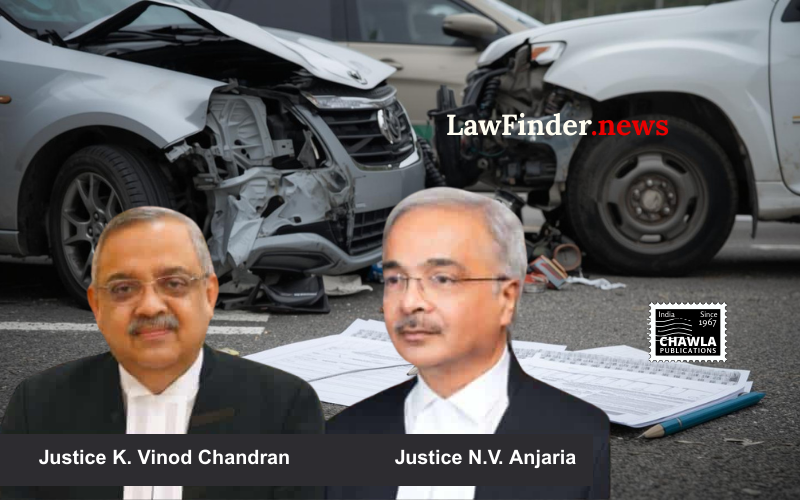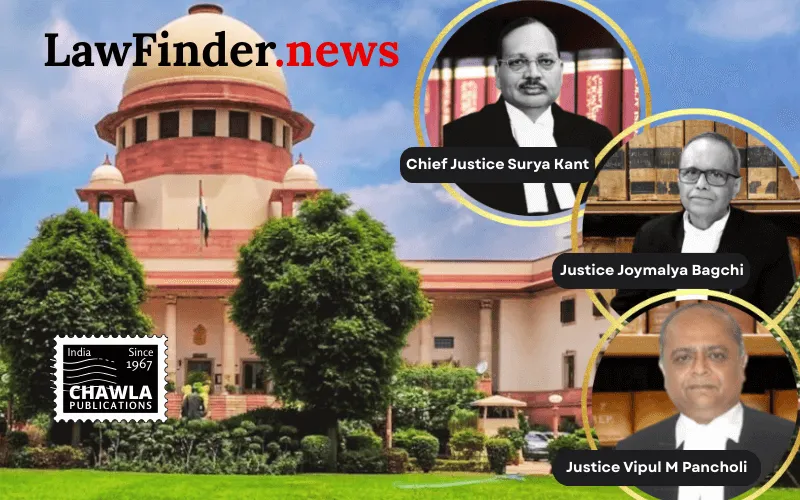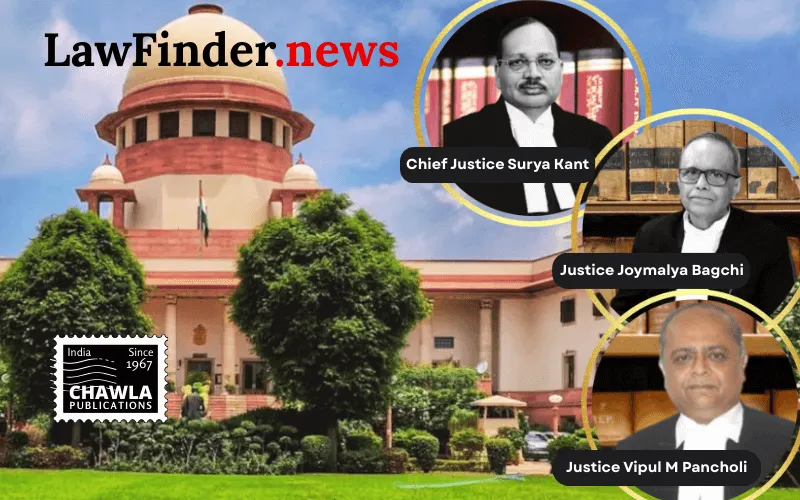Supreme Court Overturns "Pay and Recover" Directive by High Court in Insurance Dispute. Supreme Court finds no collusion between truck owner and driver over fake license; insurance company’s liability upheld.
In a significant judgment, the Supreme Court of India has overturned the "pay and recover" directive issued by the High Court against Hind Samachar Ltd. (Delhi Unit), the owner of a truck involved in a fatal accident. The Supreme Court ruled that the High Court erroneously inferred collusion between the truck owner and the driver regarding a fake driving license, without substantial evidence.
The case stems from a tragic accident on January 26, 1993, where a collision between a truck and a Matador van led to the deaths of nine individuals and injuries to two others. The insurance company, National Insurance Company Ltd., had been directed by the High Court to pay compensation to the victims but was granted the right to recover the amount from the truck owner due to the driver’s fake license.
The Supreme Court, however, found that the insurance company failed to demonstrate a lack of due diligence by the truck owner when hiring the driver. The judgment emphasized that vehicle owners are not obligated to verify the authenticity of a driving license with the issuing authority. The Court noted that the burden lies with the insurance company to prove that the insured knowingly breached the policy by employing a driver with a fake license.
Justice K. Vinod Chandran, delivering the judgment, underscored that the owner’s submission of the driving license did not imply any wrongdoing or collusion. The absence of the driver in the proceedings was attributed to the fear of prosecution, which did not translate to culpability on the owner’s part.
The Supreme Court highlighted precedents, including United India Insurance Company v. Lehru and National Insurance Co. Ltd. v. Swaran Singh, which establish that the insurer must prove that the insured deliberately breached policy conditions to avoid liability.
The judgment is a pivotal interpretation of the Motor Vehicles Act, 1988, particularly regarding the liability of insurers and insured parties when fake licenses are involved. It clarifies the extent of due diligence required by vehicle owners and the evidentiary standards insurers must meet to claim breach of policy.
The Supreme Court’s decision restores the original liability of the insurance company to compensate the victims without recovery from the truck owner, reflecting a balanced approach to insurance claims and the responsibilities of vehicle owners.
Bottom Line:
Liability of insurer and insured in case of fake driving licence - High Court's "pay and recovery" directions set aside as there was no evidence of collusion by the owner of the vehicle with the driver and no absence of due diligence by the owner while employing the driver.
Statutory provision(s): Motor Vehicles Act, 1988 - Sections 149, 166




